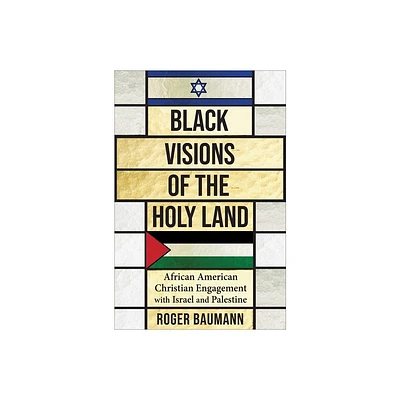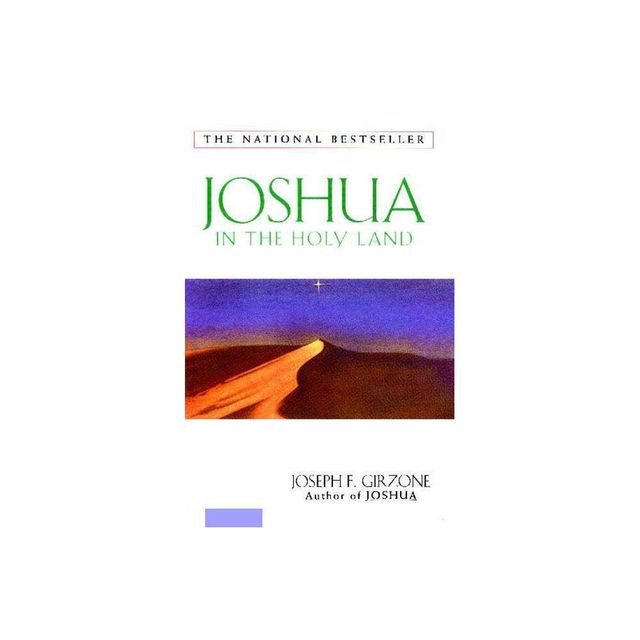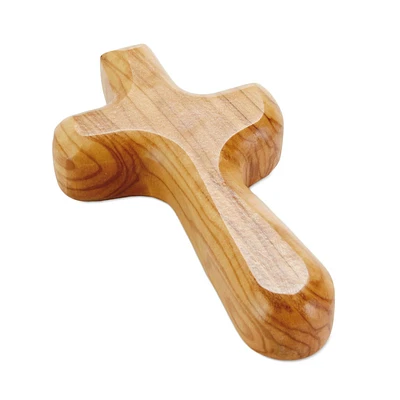Home
Clarel: A Poem and Pilgrimage the Holy Land
Loading Inventory...
Barnes and Noble
Clarel: A Poem and Pilgrimage the Holy Land
Current price: $22.95


Barnes and Noble
Clarel: A Poem and Pilgrimage the Holy Land
Current price: $22.95
Loading Inventory...
Size: Paperback
*Product Information may vary - to confirm product availability, pricing, and additional information please contact Barnes and Noble
Melville’s long poem
Clarel: A Poem and Pilgrimage in the Holy Land
(1876) was the last full-length book he published. Until the mid-twentieth century even the most partisan of Melville’s advocates hesitated to endure a four-part poem of 150 cantos and almost 18,000 lines about a naive American named Clarel, on pilgrimage through the Palestinian ruins with a provocative cluster of companions.
But modern critics have found
Clarel
a much better poem than was ever realized. Robert Penn Warren called it a precursor of
The Waste Land.
It abounds with revelations of Melville’s inner life. Most strikingly, it is argued that the character Vine is a portrait of Melville’s friend Nathaniel Hawthorne.
is one of the most complex theological explorations of faith and doubt in all of American literature, and this edition brings Melville’s poem to new life.
Clarel: A Poem and Pilgrimage in the Holy Land
(1876) was the last full-length book he published. Until the mid-twentieth century even the most partisan of Melville’s advocates hesitated to endure a four-part poem of 150 cantos and almost 18,000 lines about a naive American named Clarel, on pilgrimage through the Palestinian ruins with a provocative cluster of companions.
But modern critics have found
Clarel
a much better poem than was ever realized. Robert Penn Warren called it a precursor of
The Waste Land.
It abounds with revelations of Melville’s inner life. Most strikingly, it is argued that the character Vine is a portrait of Melville’s friend Nathaniel Hawthorne.
is one of the most complex theological explorations of faith and doubt in all of American literature, and this edition brings Melville’s poem to new life.

















